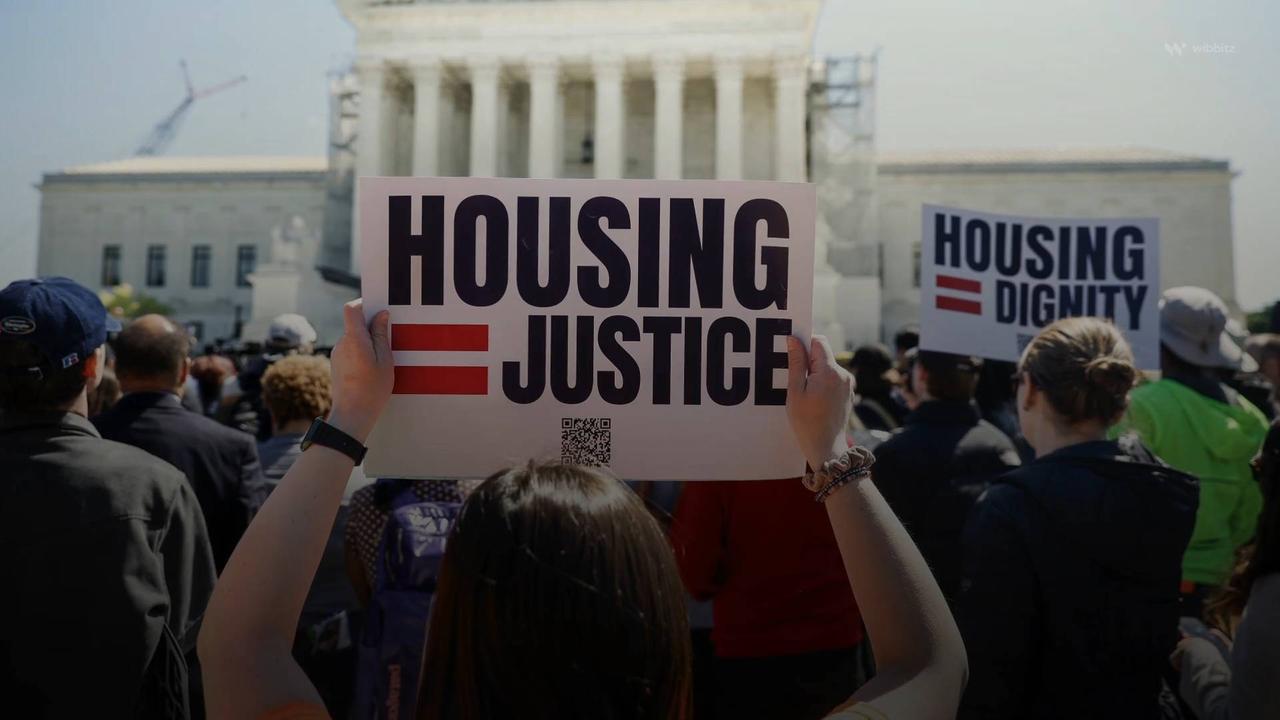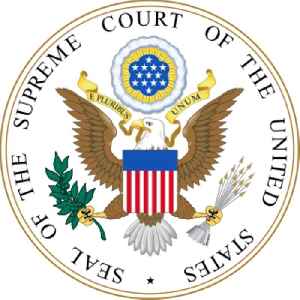Supreme Court Considers Letting Cities Punish Homeless for Sleeping Outside

Supreme Court Considers Letting Cities Punish Homeless for Sleeping Outside
Supreme Court Considers Letting Cities , Punish Homeless for Sleeping Outside.
On April 22, the Supreme Court will hear a case out of Grants Pass, Oregon, which has a population of less than 40,000, NPR reports.
.
'Grants Pass v.
Johnson' seeks to challenge two 9th U.S. Circuit Court of Appeals rulings which found fining or jailing the unhoused to be cruel and unusual punishment when they have no other alternative.
'Grants Pass v.
Johnson' seeks to challenge two 9th U.S. Circuit Court of Appeals rulings which found fining or jailing the unhoused to be cruel and unusual punishment when they have no other alternative.
But Grants Pass argues that public health and safety are dependent on camping restrictions that are commonly found across America.
.
The city contends that homeless encampments pose a danger to those living in them, as well as to families and children.
This is because the encampments are often filled with people who need mental health and drug addiction resources.
Advocates for the unhoused say that criminalizing sleeping outside is counterproductive.
.
Punishing someone for doing something they have no control over, no ability to not do, is not going to end that status.
In fact, not only does criminalization not work, it makes matters worse.
, Ed Johnson of the Oregon Law Center, via NPR.
A criminal record and debt from fines would make it even more difficult for a homeless person to find housing, says Ed Johnson of the Oregon Law Center.
But many cities don't have enough permanent housing to offer.
Grants pass could use about 4,000 more housing units, while the national "deficit is in the millions," NPR reports.
The shortage has caused rents to skyrocket, which is a main driver of homelessness


![Supreme Court Blocks Trump’s Effort To Fire Whistleblower Chief, Dellinger To Stay Until Feb 26 [Video]](https://video.newsserve.net/300/v/20250222/1403047908-Supreme-Court-Blocks-Trump-Effort-To-Fire.jpg)
![Supreme Court Set To Decide If Homeless People Should Be Fined For Sleeping Outside [Video]](https://video.newsserve.net/300/v/20240418/1372985036-Supreme-Court-Set-To-Decide-If-Homeless-People.jpg)